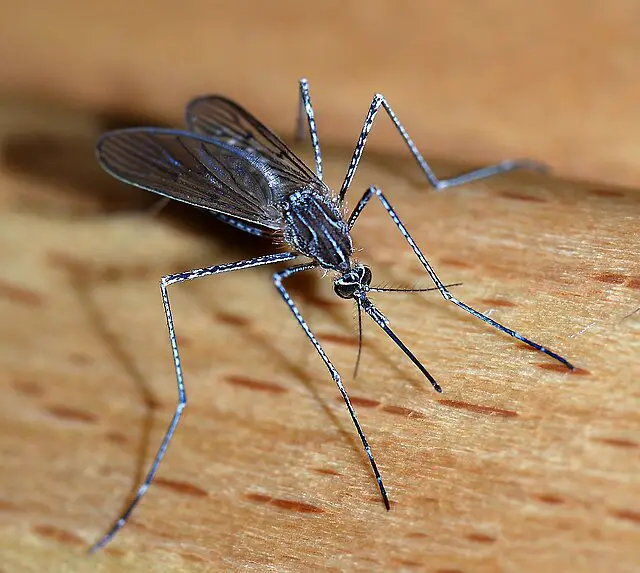Picture yourself standing beside a thundering waterfall, volcanic steam rising in the distance, and vibrant green moss carpeting the rugged landscape—all without the familiar, maddening buzz of a mosquito. It sounds like a fantasy, but in Iceland, it’s reality. This island nation is a rare paradise where the infamous, bloodthirsty pests are entirely absent. It’s not a myth or a trick of the cold—scientific forces are at work, creating a place unlike any other on Earth. How can a land rich in water, a mosquito’s favorite breeding ground, be completely bug-free? The answer is a testament to Iceland’s wild and unique character. Get ready to uncover the strange, surprising reason why Iceland remains blissfully free from these tiny tormentors.

A Land of Extremes: Why Mosquitoes Can’t Survive Iceland’s Climate
Mosquitoes are adaptable creatures, thriving in environments from humid jungles to temperate forests. However, Iceland’s climate poses an insurmountable challenge. The island’s rapid weather changes, freezing temperatures, and volcanic soil create a hostile environment for the pesky insects. Mosquitoes rely on standing water for breeding, but Iceland’s unique hydrology denies them this luxury. The volcanic terrain, with its porous, permeable rocks, causes water to drain quickly instead of forming stagnant pools. On top of that, Iceland experiences sudden temperature drops—even in summer—which disrupt the life cycle of mosquitoes and make survival impossible.
The Science of Mosquito Absence: Nature’s Perfect Blockade
In most parts of the world, mosquitoes lay their eggs in still water, where larvae hatch and develop. Iceland’s unpredictable climate prevents this process. The constant cooling and heating cycles mean standing water rarely remains long enough for larvae to mature. Even if eggs were laid, they would perish before adulthood. This environmental cycle acts as an unintentional but flawless mosquito repellent.
Myth or Reality? Debunking Mosquito Myths
Some believe the cold alone keeps mosquitoes away, but that’s not entirely true. Mosquitoes survive in Arctic regions, including Greenland and Alaska. It’s Iceland’s unique combination of climate and geography that seals the deal. Volcanic soil acts like a giant sponge, soaking up water before mosquitoes can lay eggs. The lack of shallow, warm water bodies means Iceland’s mosquitoes are simply out of luck.
A Blissful Bite-Free Life: The Impact on Locals and Tourists
For locals, a summer hike or outdoor gathering is blissfully free from swatting and scratching. Icelanders often boast about their mosquito-free environment, a fact that amazes travelers. Tourism materials even highlight the absence of mosquitoes as an attraction, promoting Iceland as an idyllic destination for those who dread insect bites. For photographers, explorers, and outdoor enthusiasts, it’s a dream come true.
Could Mosquitoes Ever Invade Iceland? The Future of the Bug-Free Paradise
Climate change poses a potential threat. Warming temperatures could disrupt the delicate balance that keeps Iceland mosquito-free. However, experts believe that even if the climate shifts, Iceland’s unique soil and hydrology would remain inhospitable. It would take a dramatic and prolonged change to make mosquitoes a permanent resident on the island.
A Paradise Worth Protecting: Why Iceland’s Mosquito-Free Status Matters
In a world where mosquitoes spread deadly diseases like malaria and dengue fever, Iceland’s immunity is a precious anomaly. The country remains a sanctuary where outdoor life is undisturbed, a reminder of the beauty of untouched nature. It’s a quirk of fate that has given Iceland a unique bragging right—a paradise of waterfalls, glaciers, and hot springs, all free from the world’s most irritating pest. Perhaps it’s just another reason to believe in the magic of this extraordinary island.

